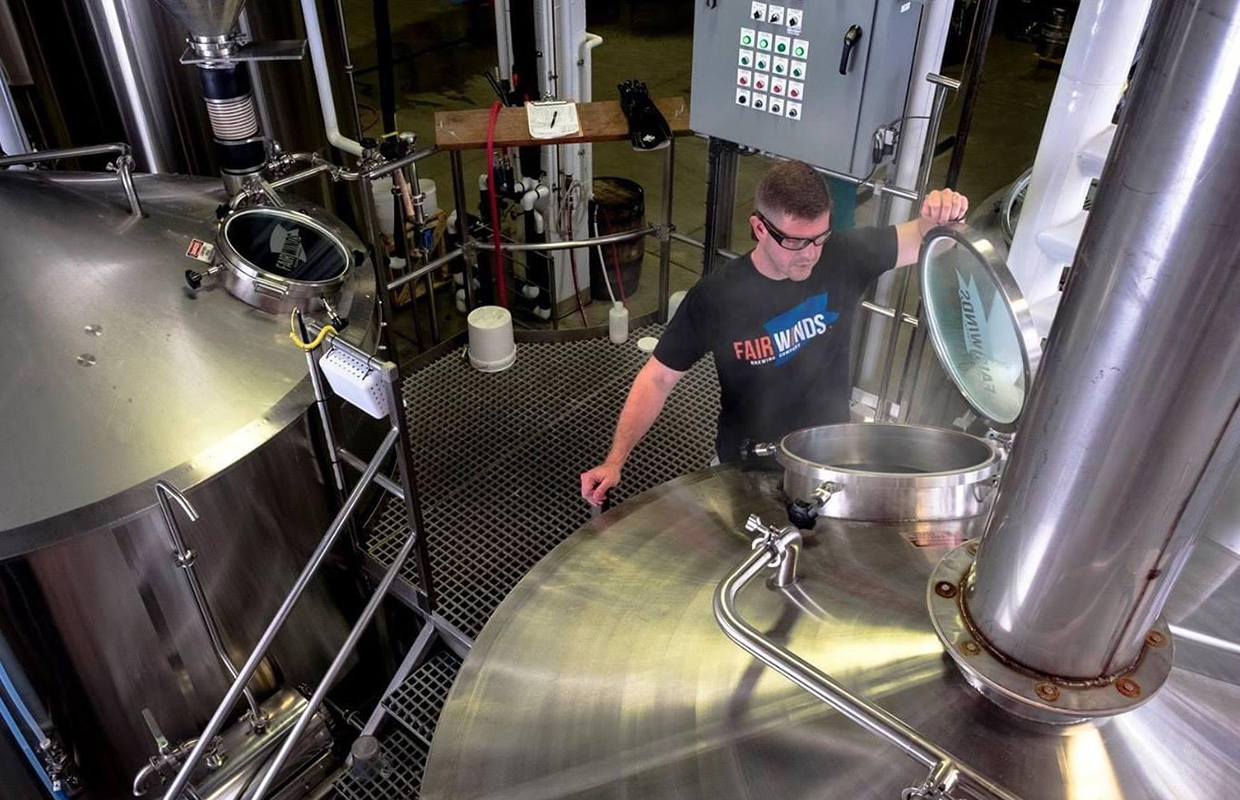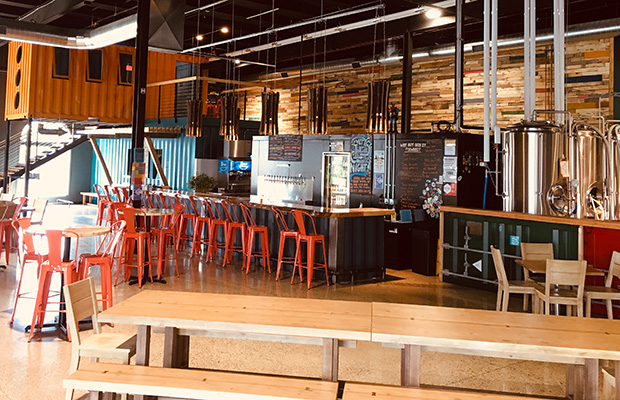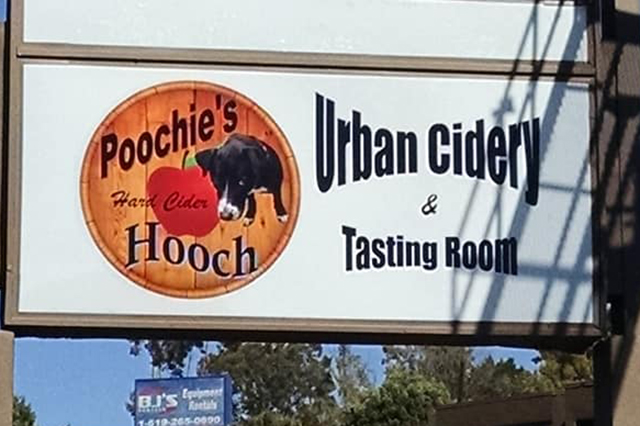
As a Brewmaster, Charlie Buettner was comfortable running the production end of Lorton, Virginia’s Fair Winds Brewing. For nearly the first four years of the company’s creation, Buettner let partner and majority owner Casey Jones make the business decisions for the company.
“Casey was just like, I don’t need to stress you with this, I’ll manage this,” Buettner recalled. “Sometimes you ask a question, and somebody says, no, and you don’t stick around for the why. Now I’m learning the why.”
Those business decisions shifted to Buettner when Jones suddenly died in January of 2019, leaving him to lead the way as both brewer and CEO.
“[That year] was sort of figuring out the business side of things,” he said. “Maybe some things that I didn’t completely know or understand that a more savvy business mind, like Casey had. Then you start to learn about those stresses and you start learning about COGS. So I’m wrapping my head around cost. 2019 was me learning about that business aspect.
“Then just when you think you’ve got everything put together, we have an anniversary party in early March 2020. A week and a half later, the whole world shuts down.”
So for Buettner, it’s been like this.
“Year 1: learn all of this. Year 2: global pandemic. Year 3: your industry, which revolves around supply chain and shipping, and this is all [messed up] so, good luck,” he said with a laugh, making a joke about how things can’t get worse, right?
Rising to around 6,200 barrels of production at one point and a rising star in growth, the company took a small downturn in production like many during the past few years. But Buettner said the brewery is looking at growth positively for 2022 and beyond with investment into more space into its location for more room to continue canning as a production brewery, adding more taproom space, and looking to cement itself into the northern Virginia market.
Although a lot of new trends have emerged, Fair Winds has stuck to a “crisp, clean, clear” mentality for most of its seven years and Buettner feels that some consumers are coming back to those styles while he feels most beer drinkers, in general, find what Fair Winds make more marketable in the first place.
“I don’t know if it’s a bell-bottoms thing or just sticking to our guns, but we’ve stuck to being crisp and clean and clear,” he said while acknowledging that fruited sours, hazies and adjuncts do play some role in sales.
“There are so many people that are coming back around to Lager,” he said. “It all comes back to what the mass appeal is. I think that having a Kolsch and an Amber Lager and then having the crisp, clean West Coast IPA (Howling Gale IPA), … there are more non-craft drinkers than there are craft drinkers. So when they see a product where they go, ‘Oh, I’ve had something like that. I’ve had Heineken or I’ve had Amstel Light,’ or whatever the case may be. That appearance is something they can relate to and that sort of crisp, clean flavor versus somebody that’s never had an adjunct Stout or a hazy IPA.
“So we’re playing that game. It’s been beneficial considering the area that we’re sort of in. Lorton … I don’t want to say they’re not as sophisticated, but there’s not as many craft people in this area as there are if you went into Arlington, or even Richmond, for that matter. They can relate to what we’re offering, even though they’re not a craft beer drinker.
“Hopefully we get our hooks in you with something like a Kolsch, then they start to find the other stuff.”
Built from the start as a packaging brewery, Buettner said the taproom is more of a breeding ground of experimentation with 30-barrel batches while Howling Gale is made for the 120-barrel fermenters.
“We’re finding that we’re burning through all these one-offs so quickly, there’s still a demand for it in the market,” he said. “So we do send some one-offs out there, but we burn through it. We’re looking to get back to where we were when we were hitting that 6,200-barrel mark and sort of pushing that limit. Getting another tank and potentially going through the wall to expand the taproom and storage capacity.
“I want to build out some more onto the canning line to make that a little more efficient and quicker.”
The other thing the brewery has done since Jones’ death — who touted the brewery as a veteran-owned facility since Jones was in the Coast Guard — was to tone back the military themes and ownership claim since Buettner had no direct military service himself.
One thing that Buettner did to give himself accountability as a CEO was to create a board of directors.
“I’m the kind of person where I want to have somebody to answer to,” he said. “I don’t want to ever get into the feeling of like, I’m just gonna stay at home all day today, play video games. I want to make sure that I’m telling people what I’m doing day to day, week to week, month to month, and letting them know progress: progression or regression.“
Buettner credits the Fair Winds staff for dealing with all the sudden changes with deft maneuverability. Along with Buettner, there is a taproom manager, a sales & operations manager, the brewing team, and the bar staff.
“These people have been there, done that,” he said with a big smile. “They’re ready for the next shitshow that’s around the corner. Since taking the reins it’s been very interesting, but it’s been very rewarding. Absolutely, it’s been very rewarding.”




Be the first to comment